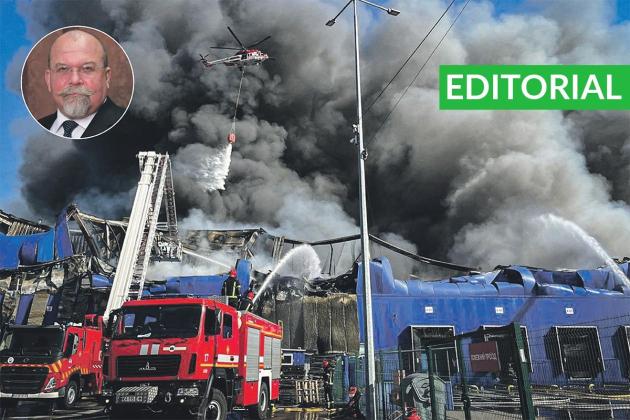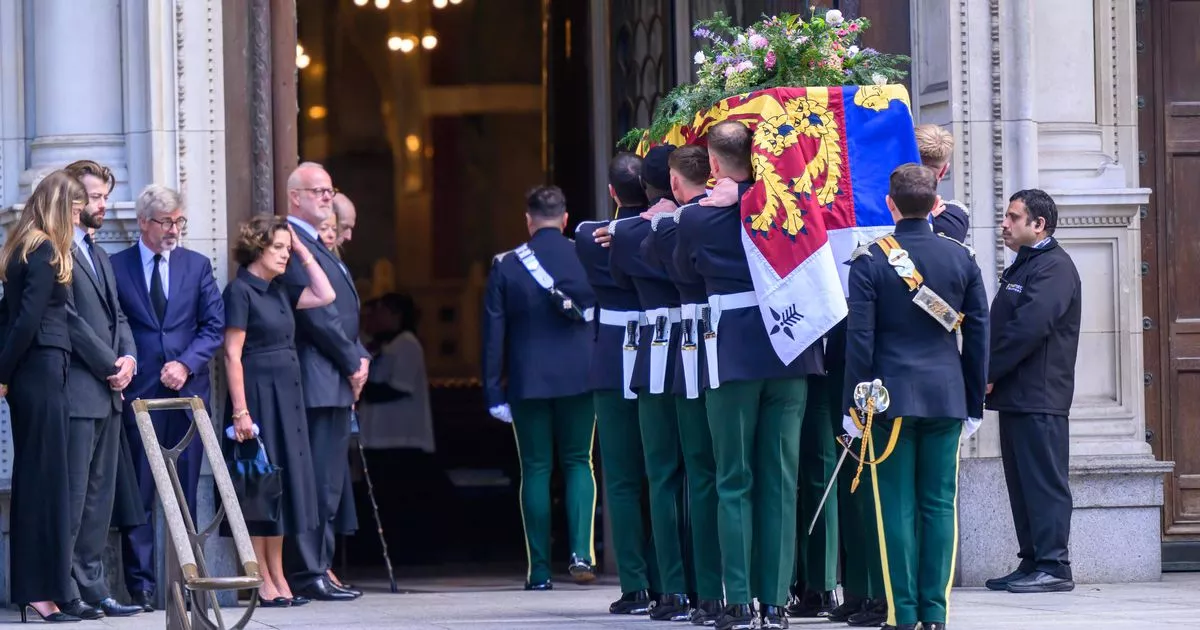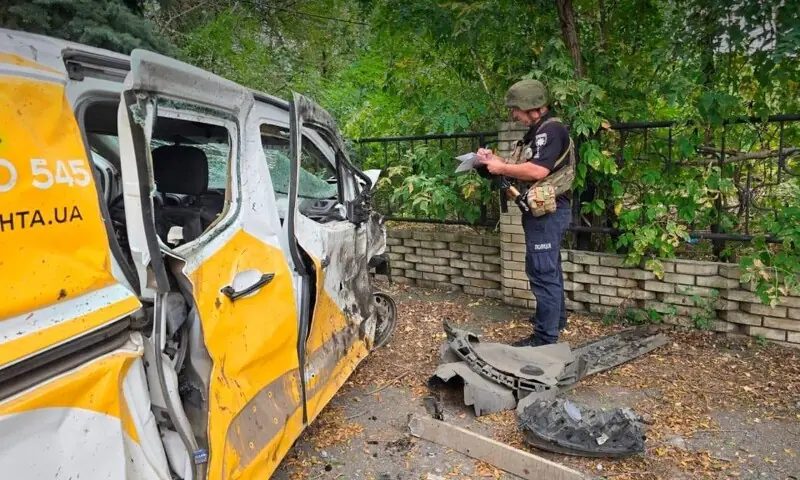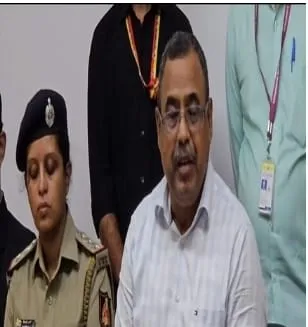By Times of Malta
Copyright timesofmalta

In an opinion piece on September 15, the Russian ambassador claimed that today’s war stems from Kyiv’s refusal to implement the Minsk agreements, systemic discrimination against Russian-speakers and NATO’s aggressive expansion. In reality, it misrepresents a far more complex reality. The Minsk accords aimed to end fighting in Donbas. They failed to bring lasting peace. The OSCE monitored documented violations by both Russia-backed separatists and Ukrainian forces. More importantly, Russia also maintained control over separatist areas and provided support, undermining implementation. Presenting Ukraine alone as the “transgressor” undermines the credibility of the Russian ambassador’s words. Ukraine passed laws strengthening Ukrainian as the state language (notably in 2019). These raised minority-rights concerns and attracted the criticism of the Venice Commission. However, international bodies did not conclude there was systemic state persecution of Russian speakers. Independent reports describe legal and cultural tensions, not organised repression. This presumption by Russia of a right to invade a country on such false pretences is what concerns countries with significant populations of Russian speakers both within and outside the EU, including the Baltics and countries in Central Asia, which Russia similarly presumes to be in its “sphere of influence”. These are all countries where Russia has a history of invasion and colonisation over the last 200 years. NATO indeed did expand eastwards. Sovereign states, as is their right, freely protect their security with NATO or any arrangement with other states. It is also true that NATO’s eastward expansion, as well as the possibility of Ukraine joining NATO, could have been handled better with more consideration given to Russia’s security needs. However, this expansion does not justify Russia’s full-scale invasion of Ukraine, which violates the UN Charter and Ukraine’s territorial integrity. The ambassador is correct to note that the OSCE affirms the principle of “indivisible security”. Western states interpret this alongside the equal principle that each country may choose its alliances. Russia interprets it as a veto on NATO enlargement. Such a veto undermines the security and independence of countries smaller than Russia, close to Russia, that are justifiably scared of Russia. Shifting the blame to Kyiv and NATO alone isn’t just one-sided and inaccurate. It is gaslighting the Russian invasion of a sovereign country, triggering the bloodiest war in Europe since 1945. Russia under Vladimir Putin, the US under Donald Trump and Israel under Benjamin Netanyahu have increasingly undermined international law with their actions. Other countries, notably China, with its ambitions in the South China Sea and Taiwan, or North Korea have taken note. They have promoted a “might is right” approach to disputes that many of us thought belonged to the past. We were wrong. The rules-based world order that preserved peace since 1945 for those of us privileged to live in the West is a sinking ship. Malta isn’t immune from these developments. Our existence as an independent state is dependent on the rules-based world order we take for granted. These rules govern our trade, imports of food and energy and our security as a tiny, neutral state. We can never hope to defend our interests as Russia does so freely with missiles, drones and infantry thrown, with criminal disregard to their own lives, at Ukraine’s defences and cities. With estimates of up to 900,000 Russians dead and injured, apart from Ukraine’s own unsustainable losses, whose interests is the ambassador defending? Certainly not those of his countrymen sacrificed on the blood-soaked soil of Ukraine’s weeping land, let alone his fellow Slavs in Ukraine who Putin doesn’t even recognise as a separate nation.



